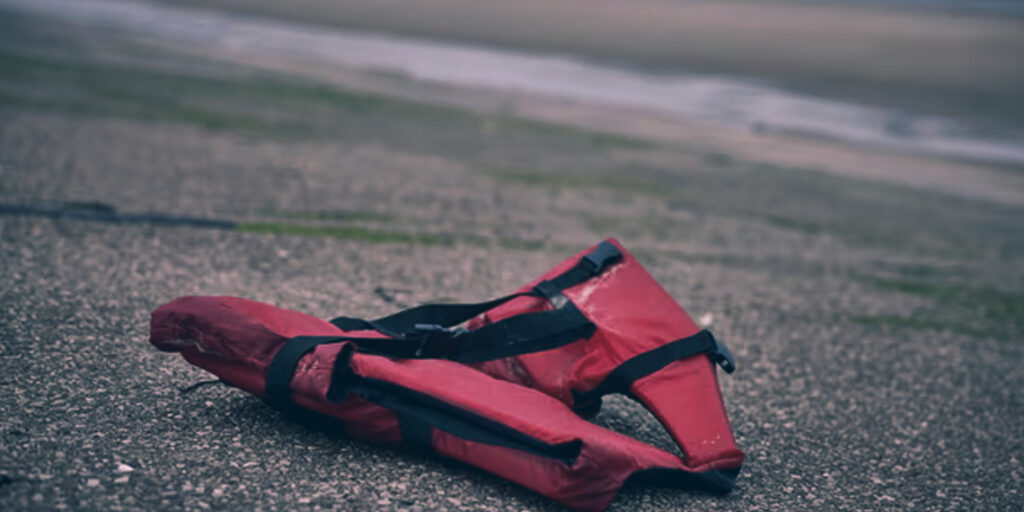French maritime authorities conducted 12 rescue operations along the northern French coast on Christmas Day, saving 107 migrants attempting perilous Channel crossings in small boats.
Early on Christmas morning, a vessel near Dunkirk was intercepted, and 30 passengers were rescued.
Others onboard opted to continue their journey and were taken into British custody upon entering UK waters, according to the French Channel and North Sea maritime prefecture.
Later in the day, another boat near Dunkirk experienced engine failure, prompting a distress call.
Authorities rescued all 51 people aboard. Additionally, 26 migrants were saved from a struggling vessel near Calais.
Favourable weather conditions on Christmas Day, with calmer waters and reduced winds, spurred a surge in crossings.
French authorities described the day as “intense,” with numerous departures observed along the northern coast, from Dieppe in Seine-Maritime to Leffrinckoucke near Dunkirk.
The maritime prefecture emphasised the treacherous nature of Channel crossings, particularly during winter, when overloaded and unstable vessels face severe risks.
Charities had warned of potential fatalities over Christmas, highlighting the increased winter crossings despite freezing temperatures and overloaded dinghies.
Aid workers remained active along the northern coast, offering assistance to migrants who were often wet, injured, or in shock after being stranded near shore.
This year has been the deadliest on record for Channel crossings, with at least 73 lives lost, according to Pas-de-Calais authorities.
Notable tragedies include the October death of a baby when a boat sank off the French coast and the September drowning of 12 people, including six children and a pregnant woman, after a vessel was ripped apart in one of the worst incidents in recent memory.
Tens of thousands of migrants have reached Britain in 2024 via small boats, despite the UK government’s pledge to crack down on people-smuggling operations.
In November, Prime Minister Keir Starmer called for enhanced international collaboration to combat smuggling networks, likening them to global security threats akin to terrorism.
Authorities on both sides of the Channel continue to grapple with the humanitarian crisis as efforts to curb illegal crossings persist.


